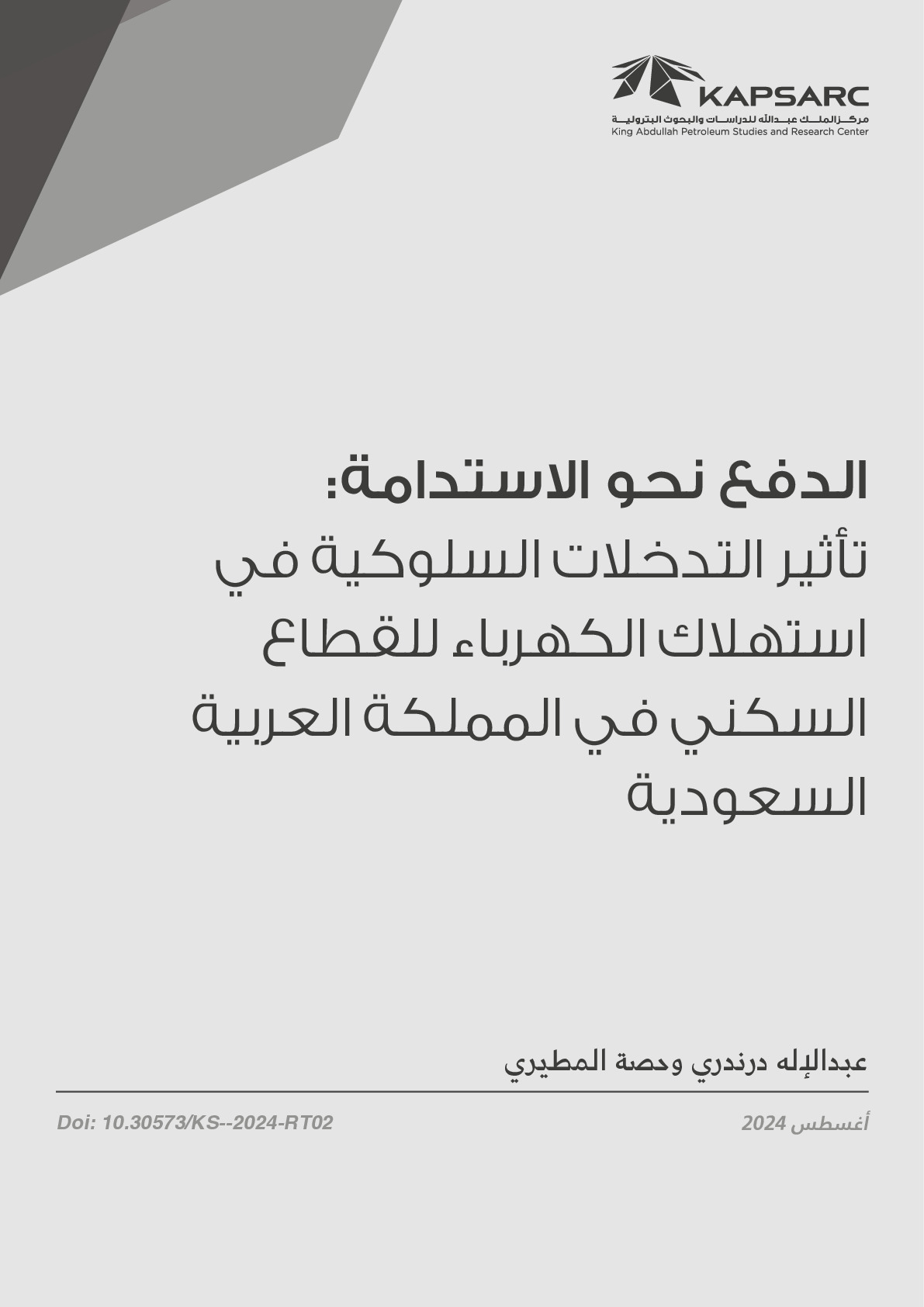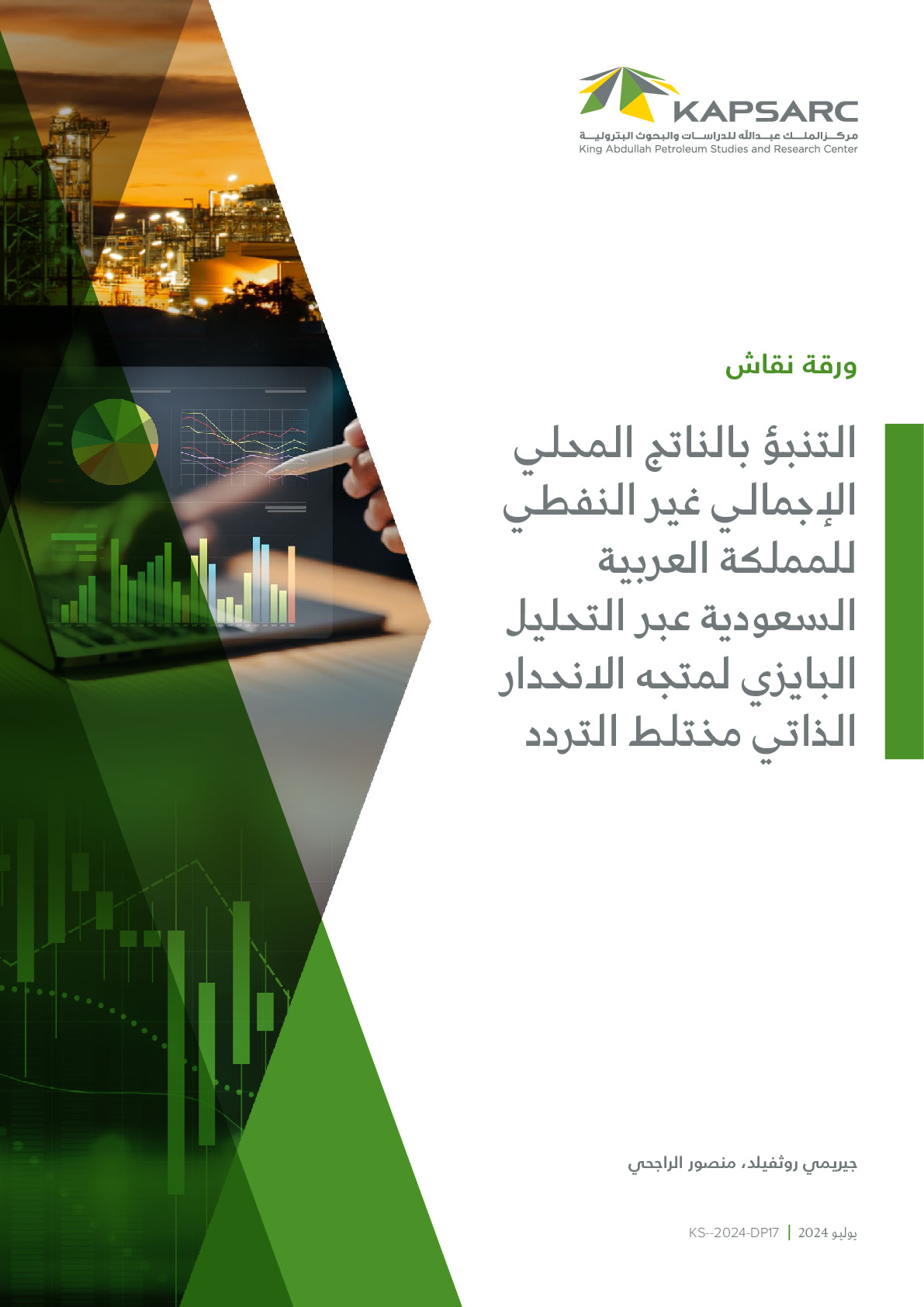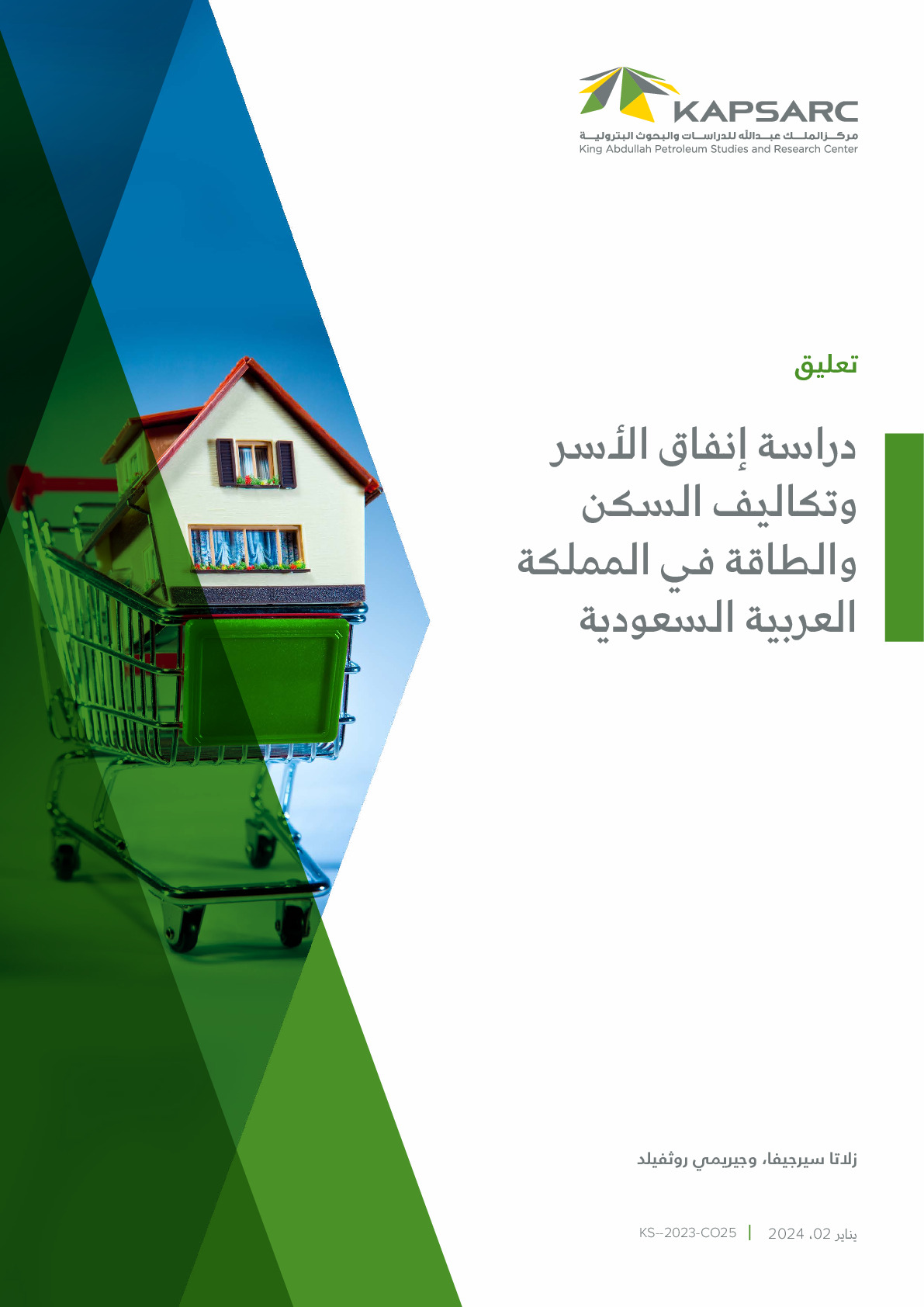زميل باحث في كابسارك وخبير اقتصادي في مجالات مختلفة، منها الاقتصاد الكلي والطاقة والتجارة الدولية وتدفقات الاستثمار وتنمية الأسواق المالية والسياسات العامة. ويقود حاليًا مشروع تطبيق الاقتصاد السلوكي لصنع سياسات الطاقة في المملكة العربية السعودية، مما أدى إلى أول تجربة عشوائية محكومة لاستهلاك الكهرباء. بالإضافة إلى ذلك، فهو مساهم في مشاريع أخرى مثل جدول المدخلات والمخرجات لرؤية المملكة 2030، والنمو الاقتصادي ومسارات تحول الطاقة، والنموذج المحوسب للتوازن العام لتحليل السياسات الاقتصادية في المملكة العربية السعودية، ونمذجة استهلاك الطاقة وتأثيراته في المملكة العربية السعودية. وقد نُشرت اعماله في العديد من أفضل المجلات المحكمة.
بصفته مدافعا متحمسا بشأن وضع السياسات القائمة على الأدلة، فقد كرس خبرته للمساعدة في تشكيل مستقبل الطاقة والسياسات الاقتصادية في المملكة العربية السعودية وخارجها، حيث عمل في العديد من المشاريع لمنظومة الطاقة. وهو أيضًا متحدث مرغوب وعضو لجنة في سياسة الاقتصاد والطاقة، إذ شارك في العديد من الأحداث والمناقشات البارزة. في عام 2020، وخلال رئاسة المملكة لمجموعة العشرين، كان عضوًا ومؤلفًا مشاركًا ومنسق فرقة العمل في فرقة عمل التجارة والاستثمار والنمو في مجموعة الفكر، وهي المجموعة المشاركة الرسمية في مجموعة العشرين.
وقبل انضمامه إلى كابسارك، عمل مستشارًا اقتصاديًا، حيث قدم تحليلات للسياسات والنمذجة والتنبؤ لآثار الإنفاق العام على المؤشرات الاجتماعية والاقتصادية وهو حاصل على درجة الماجستير في الاقتصاد التطبيقي، ودرجة البكالوريوس مع مرتبة الشرف في الاقتصاد المصرفي والمالي. إضافة إلى ذلك، فهو حاصل على منحة الملك عبدالله، وعضو في جمعية الاقتصاد السعودية والجمعية السعودية لاقتصاديات الطاقة. وقد عُين عضوًا في منتدى معهد الدراسات السياسية الدولية القادم لقادة المستقبل.






